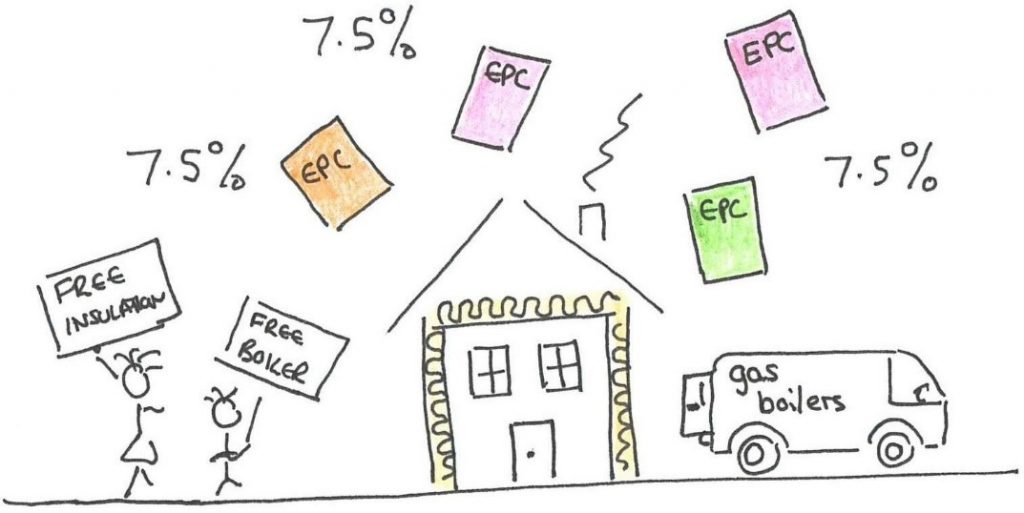Investigators: Professor AbuBakr Bahaj, Professor Patrick James and Dr Stephanie Gauthier
Researchers: Dr Tom Rushby, Dr Philip Turner
Contact: A.S.Bahaj@soton.ac.uk
Domestic energy retailers are moving from simply supplying energy towards offering additional products such as energy efficiency and energy services. There is a need to further research and understand uptake of energy-efficient household installations as they have been found to be below expected levels. While research has explained the market failures causing the gap between economic incentives and installations green investments are also influenced by psychological factors with evidence supporting personality traits being connected to pro-environmental behaviours with different environmental behaviours associated with personality traits.
SENSE received a grant from the Department for Business, Energy and Industrial Strategy (BEIS), under the Thermal Efficiency Innovation Fund. The grant is shared between 3 partners – Igloo Energy (lead), Foresight Group and the Energy and Climate Change Division (ECCD) at the University of Southampton. Research from the UK Energy Research Centres shows that by introducing cost effective measures, the country could save a quarter of the energy used by households by 2035.

SENSE is a project looking to develop a new approach to providing energy services (insulation, energy contracts etc) to an energy utilities residential customers. The aim is to be able to offer a tailored offer to a household – ideally one with whom they already have a gas and electricity contract with. The research will analyse customers’ energy consumption; together with using insights gained from interacting with customers; and datasets that describe the homes we live in, the appliances we own and how we use them; as well as other available household data. This project will be investigated with surveys and focus groups recruited from Igloo’s existing customer base including statistical analysis, predictive modelling, geographic analysis, video production and literature review. This will allow Igloo to be able to understand the value to each customer of installing smart energy efficiency measures and provide each individual customer highly personalised recommendations to make it easier for them to reduce bills and therefore help the UK improve the energy efficiency of its housing stock. With the key findings of the project summarised below.

Virtual surveying methodology
Developed a virtual sruvey and focus group approach (content & method) which was shown to have a high level of acceptance which will be implemented and built upon in future research work. Natural langauge processing of recorded sessions enabled extensive qualitative and quantitative analysis.

Impact of personality factors
Identified personal trait factors (personality, environmental concern, risk willingness etc.) which all have potential influence upon green investment decision making and can be utilised in strategic marketing.

Determining & prediciting personality factors
Performance of predictive models was poor in identifying customer segments. More direct questioning is required to identify personality traits, alongside further work into the willingness of consumers to share personal data for use in this way.

Qualitative analysis of focus groups
While there was limited impact from personality & demographic factors on factors for investment, monetary (outlay and returns) and installation factors were found to have considerable influence with sustainability an additional benefit that helps capture interest more so than investment.

Quantitative analysis of focus groups
Intent to purchase for LEDs and smart thermostats were not found to change significantly, however hybrid heat pumps changed significantly in all cases, after the video and after the discussion.
These analyses have provided significant insight into customer attitudes and engagement with the notion of energy saving and home efficiency, pro-environmental attitudes play less of a role than priouvsly assumed, likely because these attitudes are now ubiquitous however financial concerns are still highly important with identified trust issues with government payback schemes with customers requiring clarity and assurances that they will receieve a timely return on investment.
